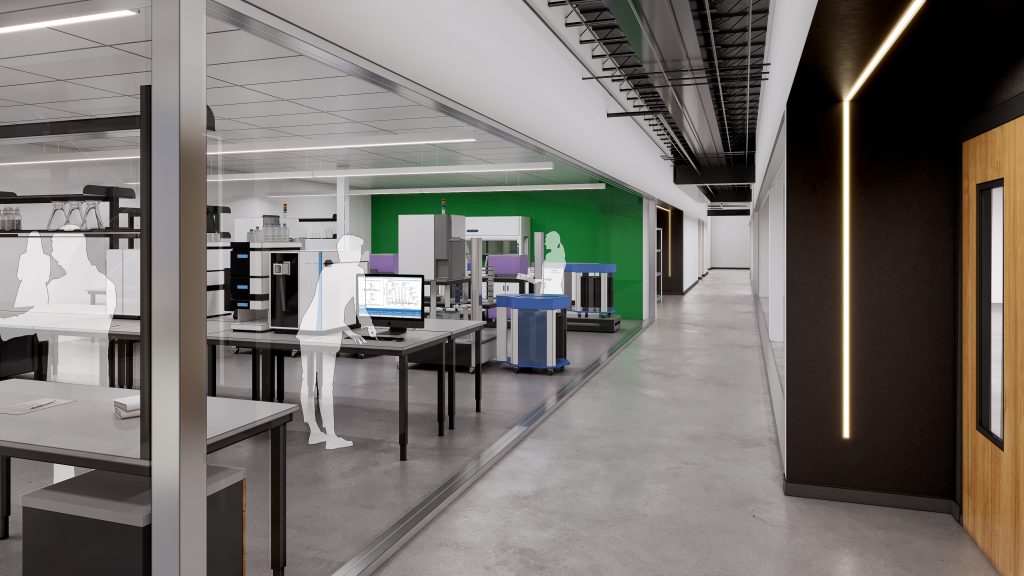Quality control and assurance are integral aspects of pharmaceutical active pharmaceutical ingredient (API) manufacturing. They encompass a systematic approach to ensuring that pharmaceutical products meet defined quality standards, comply with regulatory requirements, and are safe and effective for their intended use. Here, we will delve into the key components and principles of quality control and assurance in pharmaceutical API manufacturing.

- Regulatory Compliance: Regulatory compliance is a cornerstone of quality control and assurance in pharmaceutical API manufacturing. It involves adhering to local and international regulations, guidelines, and standards set by agencies like the U.S. Food and Drug Administration (FDA), European Medicines Agency (EMA), and other relevant authorities. Compliance ensures that the manufacturing processes, facilities, and products meet the required quality and safety benchmarks.
- Good Manufacturing Practices (GMP): GMP is a set of guidelines and standards that define the practices necessary to ensure the quality and safety of pharmaceutical products. Compliance with GMP regulations is mandatory in the pharmaceutical industry. It covers various aspects such as facility design, process control, quality assurance, personnel training, documentation, and more.
- Quality Control (QC): QC involves a series of tests and inspections conducted throughout the manufacturing process to ensure that the API meets predefined quality specifications. These tests include physical, chemical, and biological analyses. Quality control helps identify and rectify deviations from the established standards, ensuring consistency and reliability in the final product.
- Analytical Techniques: Cutting-edge analytical techniques play a crucial role in quality control. Advanced instruments such as high-performance liquid chromatography (HPLC), mass spectrometry (MS), nuclear magnetic resonance (NMR) spectroscopy, and others are employed to analyze the API’s composition, purity, stability, and other critical parameters.
- Validation and Qualification: Validation and qualification are vital components of quality assurance. Validation ensures that the manufacturing processes are robust, reliable, and capable of consistently producing APIs of the desired quality. Qualification involves documenting and confirming the suitability and effectiveness of equipment, facilities, and processes.
- Risk Assessment: Performing risk assessments is essential in identifying potential risks that may affect the quality of the API. This proactive approach allows manufacturers to implement appropriate controls to mitigate or eliminate identified risks, thereby enhancing the overall quality and safety of the product.
- Documentation and Record Keeping: Accurate and comprehensive documentation is critical for maintaining quality standards. This includes recording all processes, procedures, and test results. Good documentation practices ensure traceability, transparency, and the ability to demonstrate compliance with regulatory requirements.
- Training and Competency: Continuous training and development of personnel are fundamental to ensuring a competent workforce capable of executing processes as per defined standards. Well-trained staff are more likely to adhere to GMP and other quality-related procedures, minimizing errors and ensuring consistent product quality.
In conclusion, quality control and assurance are indispensable in pharmaceutical API manufacturing, ensuring that products are safe, effective, and more info compliant with regulatory requirements. Adhering to GMP, employing advanced analytical techniques, conducting risk assessments, and maintaining rigorous documentation are key elements in achieving and maintaining high-quality pharmaceutical APIs.
